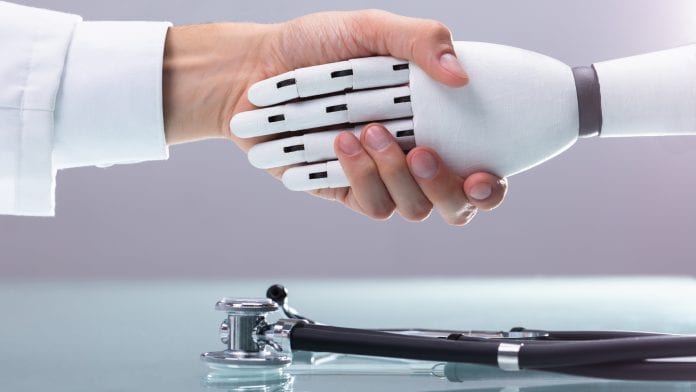
A new study has shown that artificial intelligence technology may improve care for patients needing dialysis.
Machine learning, a form of artificial intelligence, may help improve care for patients with kidney failure.
Chronic kidney disease is a life-long condition in which the kidneys can gradually stop working over a period of months or years. A significant number of patients with the condition are either on dialysis or have had a kidney transplant.
The findings on how machine learning may improve kidney patient care come from a study that are being presented this week at ASN Kidney Week 2019 that takes place from November 5 – November 10 at the Walter E. Washington Convention Center in Washington.
For the study, researcher, Ollie Fielding, and his colleagues deployed a machine learning model to identify patients at risk of requiring kidney replacement therapy, such as dialysis or kidney transplantation.
Machine learning and kidney failure
An electronic health record database of 110,998 patients was used to create a machine learning model to predict progression to kidney failure. The system calculates weekly risk scores for patients, and for those with high risk scores, an alert is sent so that treatment discussions can be made by a multidisciplinary team of clinicians.
Since deployment of the machine learning model, 54% of patients started dialysis under optimal conditions. This is almost three-times the US national average of 20% and 14% better than the 47.3% rate prior to use of the machine learning model.
Fielding said: “Using artificial intelligence can help you focus care efforts on the right patients at the right time, but human effort and clinical care delivery experts are required to truly improve outcomes for patients. Predictive analytics applied on a large scale can augment a highly focused care team.
“There is huge potential to change the healthcare dynamic by providing care before bad events rather than after. The possibility to shape the delivery of kidney care is tremendously exciting.”























Great Information on cure with AI for Kidney failure patients. It’s very true that AI has much potential to change health care. Thanks for sharing such a piece of wonderful information.
Good to see AI has progressed so much, that its helping humans in such a wonderful way.